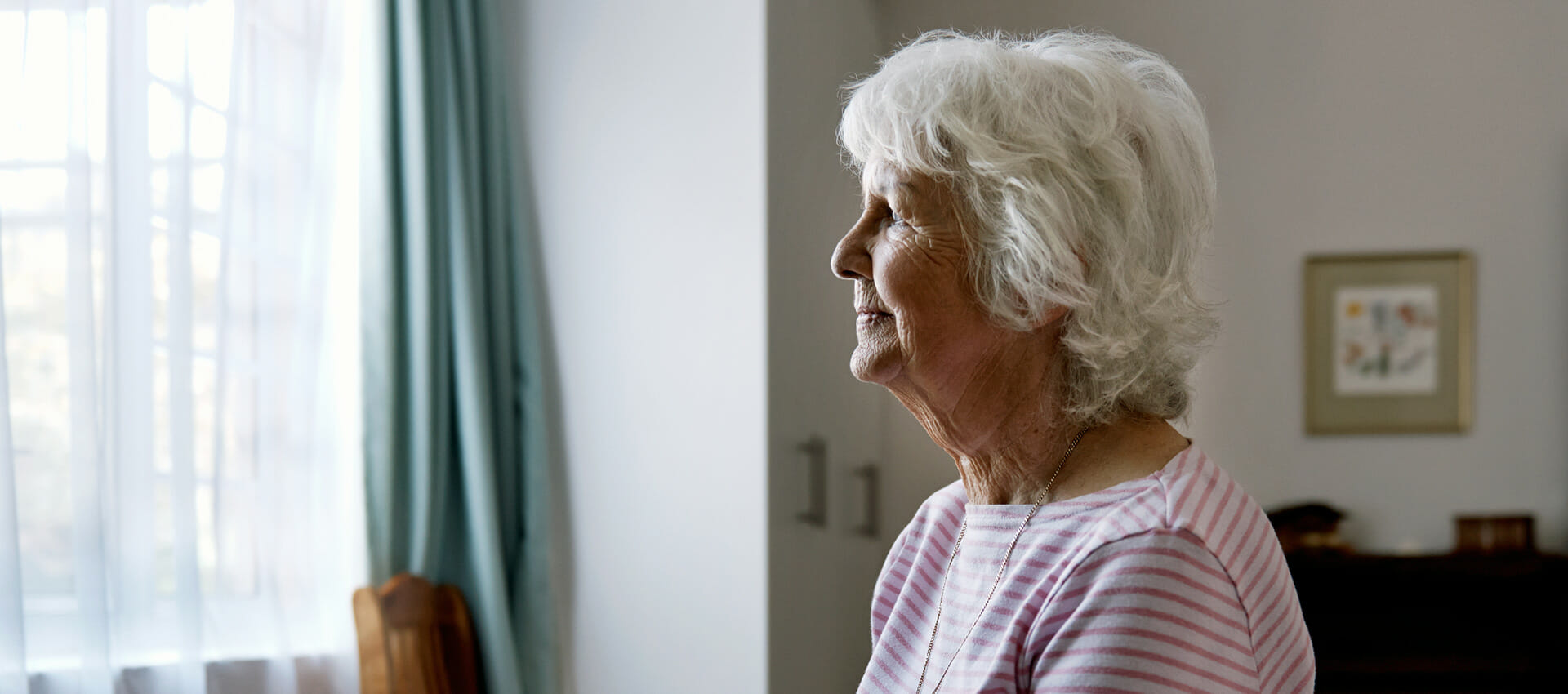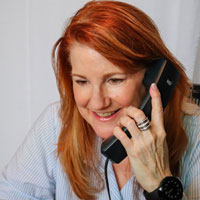Mar 12, 2019
Yes, and…
Last week I had the privilege of hearing Dr. Lisa Genova at my lecture series. Dr. Genova is a neurologist and the author of “Still Alice”, a book about Alzheimer’s from the perspective of a person with Alzheimer’s. It was made into a movie, which garnered actor Julianne Moore an Oscar for Best Actress. Dr. Genova has authored many books chronicling some of the most devastating conditions that could afflict us all. “Still Alice” describes what it is like to live with Alzheimer’s disease from the point of view of a person with Alzheimer’s. Dr. Genova became an author to move her understanding of these conditions from the “black and white” of the science she was taught to the “technicolor” of empathy – knowing what it feels like to live with these conditions.
One of the most important takeaways for me was the concept of “Yes, and….” This is a useful way to stay connected to a person with Alzheimer’s or dementia whose reality may be very different from yours. Instead of contradicting them when they state something that may not be true, e.g. “What a beautiful, sunny day!” when it’s actually raining outside, you could say, “Yes, and would you like to take a walk later?” When a person with memory issues asks you the same thing over and over, or says something that isn’t quite right, we need to understand that it’s their reality shaped by their condition and not reality. According to Dr. Genova, at this point they are only processing their feelings of how you react to them, so not showing anger or frustration in your answers and instead showing happiness and love makes them happy and comfortable. That’s what they will remember – how you made them feel.
Which got me thinking. If you can no longer rely on what your care recipient is saying to you as reality, how can you best understand what is going on with them every minute of every day? In the case of my mother who had dementia, we ended up with 24×7 caregivers who were fantastic with her, but each had their different areas of focus in her care. We needed consistent data, unbiased, and the knowledge from that data given to us in relevant, digestible and actionable chunks. I wish we had the technology at the time to monitor my mom like what we are building here at Theora Care. With that technology, we would have known how she slept, how her activity levels were, how was her gait, what has changed and what actions we might need to take to avoid an emergency situation. That way, we and her caregivers could understand her condition better and give her better care.
Technology enables us to factually know what is going on, which frees us caregivers up to focus on what’s really important to people with Alzheimer’s and dementia – how they are feeling at that moment.
Yes, and … I love you more, Mom.
— Shel Symonds


